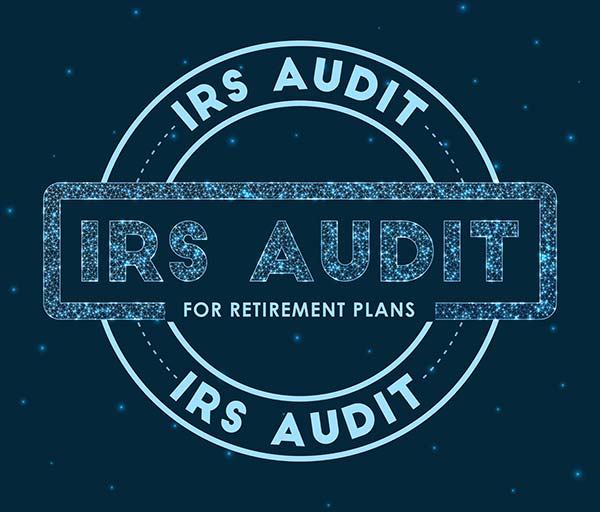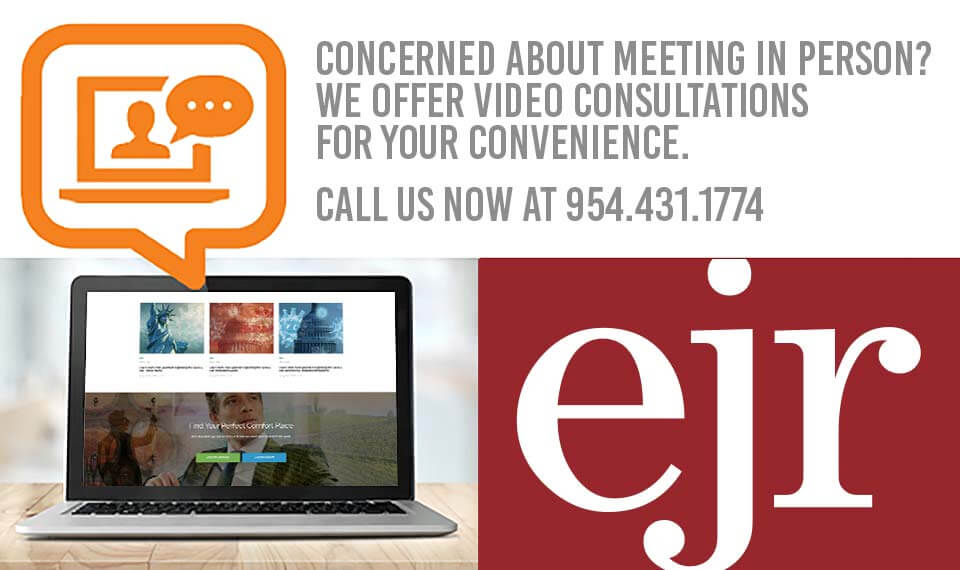Audits and examinations of Employee Plans have been rare over the last decade due to IRS funding. Even now, Plan Sponsors under audit or their representatives are forced to mail hard copies of the requested materials, or send via fax, since the IRS is not set up to receive secured emails. But the Consolidated Appropriations Act of 2022 provided an additional $675 million in funding to the IRS, bringing the total budget to over $12.5 billion. The new budget revealed that over $5 billion will fund additional tax enforcement, meaning audits may soon be on the rise. An announcement made Friday seems to reinforce that point.
In the June 3, 2022, issue of the IRS Employee Plans News, the IRS announced a new pre-audit compliance “opportunity” for employer-sponsored retirement plans selected for audit beginning immediately (the “Pilot Program”). Under the Pilot Program, the IRS will send an initial letter to plan sponsors whose retirement plans have been selected for a random audit. This letter will explain that the plan sponsor has 90 days to identify and voluntarily correct any compliance issues with the plan and notify the IRS of the corrective actions taken through the Employee Plans Compliance Resolution System (EPCRS). This is a welcome departure from the long-time voluntary correction principle that allowed voluntary correction only until the IRS had identified the plan for audit. The IRS will evaluate whether to continue the program and/or include it in its EPCRS program at the end of the Pilot Program (although the newsletter did not say when the end of the Pilot Program will be).
The IRS established the EPCRS Program over 30 years ago. This voluntary program allows plan sponsors to correct operational errors without plan disqualification. Over the years, the IRS has updated the Program, adding items to the list of failures that may be corrected without additional disclosure under the Self Correction Procedure (SCP). Certain failures required a submission for a letter of forgiveness under the Voluntary Compliance Procedure (VCP). They also extended the time in which you can use either program to correct certain errors in plan operation. Prior to the release of the Pilot Program, once a plan was under review (audit), the only solution a Plan Sponsor had was Audit Closing Agreement Program or Audit CAP, which imposed stricter penalties and required greater user fees than either the SCP or VCP.
The program as described in the announcement provides powerful incentives to encourage plan sponsors to voluntarily comply in the 90 days following receipt of the initial letter. The first is a reduction in the sanctions involved in the audit process. Traditionally, sanctions for compliance issues discovered in a retirement plan audit are calculated under the IRS’s Audit CAP program which considers the nature, extent, and severity of the failure, and are based on a percentage of plan assets, which can be extremely expensive even for a small plan covering a limited number of employees. Audit CAP fees typically started at the taxes on Plan Disqualification and negotiated down from there.
Under the Pilot Program, if a plan sponsor responds to the initial audit letter with compliance items it has identified and the fixes it has implemented, the IRS will not assess sanctions for failures eligible for self-correction and will assess sanctions for corrections made in accordance with its published Voluntary Correction Program based on the user fees applicable to that program (which currently max out at $3,500, a figure significantly lower than most Audit CAP sanction fees). The announcement also indicates that if a plan sponsor responds to the initial letter, the IRS will determine whether to issue a closing letter or to conduct a limited or full scope audit. How it will make that determination has not been disclosed, but plan sponsors may have some ability to limit an impending audit or avoid an audit completely by responding to the initial letter in a way that demonstrates full compliance.
EJReynolds can represent Plan Sponsors going through such a review and can negotiate directly with the IRS on fees and sanctions. Plan sponsors that receive an initial letter should immediately contact their retirement plan consultant to begin the process of identifying compliance failures, taking any appropriate corrective actions, and preparing a summary of the compliance issues and corrections made for the IRS. Operational and plan document errors discovered by a plan sponsor should receive priority for timely correction to ensure any compliance issue resolution within 90 days of the receipt of an initial letter.
As of June 1, 2022, the IRS has started sending these audit letters. If you or your client have received an initial letter or have questions, please contact your EJReynolds Plan Consultant immediately. We are here to help.


